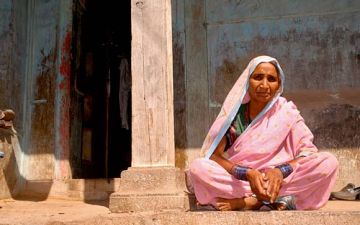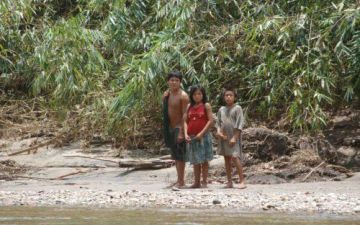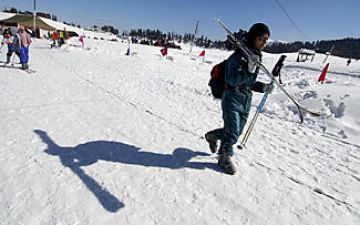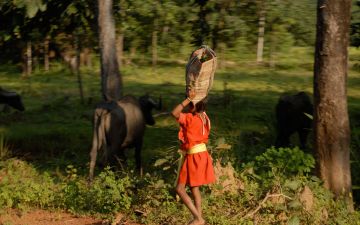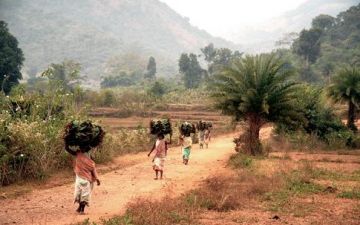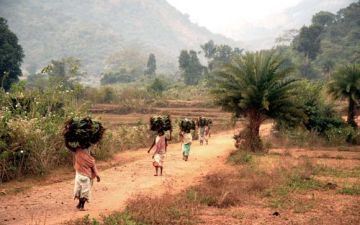India's Debt-Ridden Farmers Committing Suicide
Nashik, India -- On a recent afternoon, Seetabai Atthre heard a faint cry from the edge of a vineyard that her family has cultivated for more than 40 years. Through the furrows, she found her husband, Vishal, smoldering on the ground next to an empty can of kerosene. He had lit himself on fire and died three days later in a local hospital.
